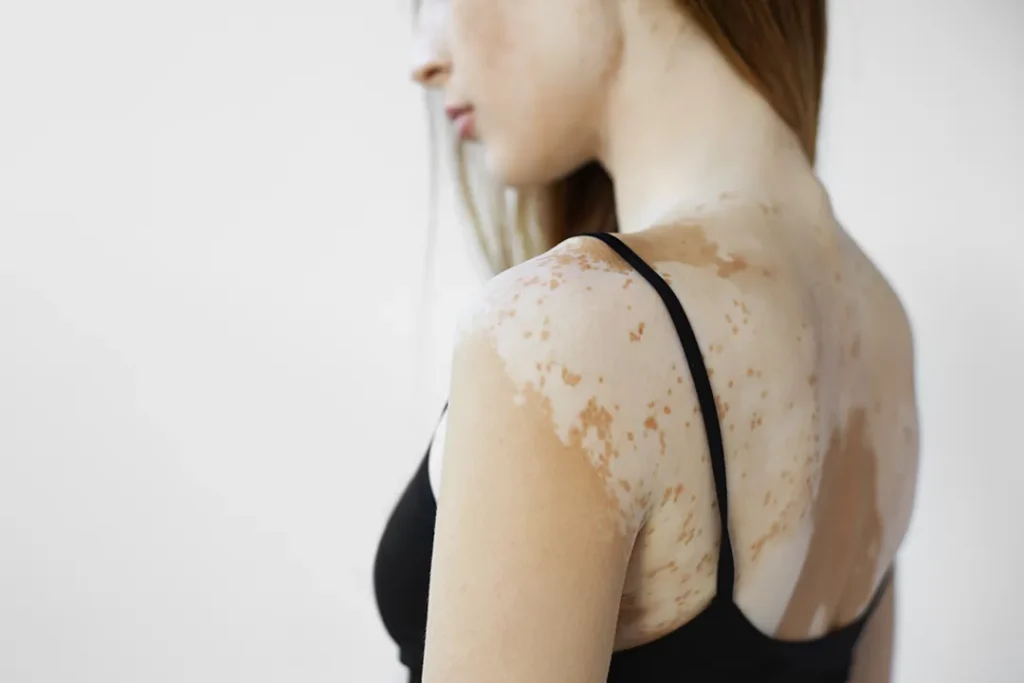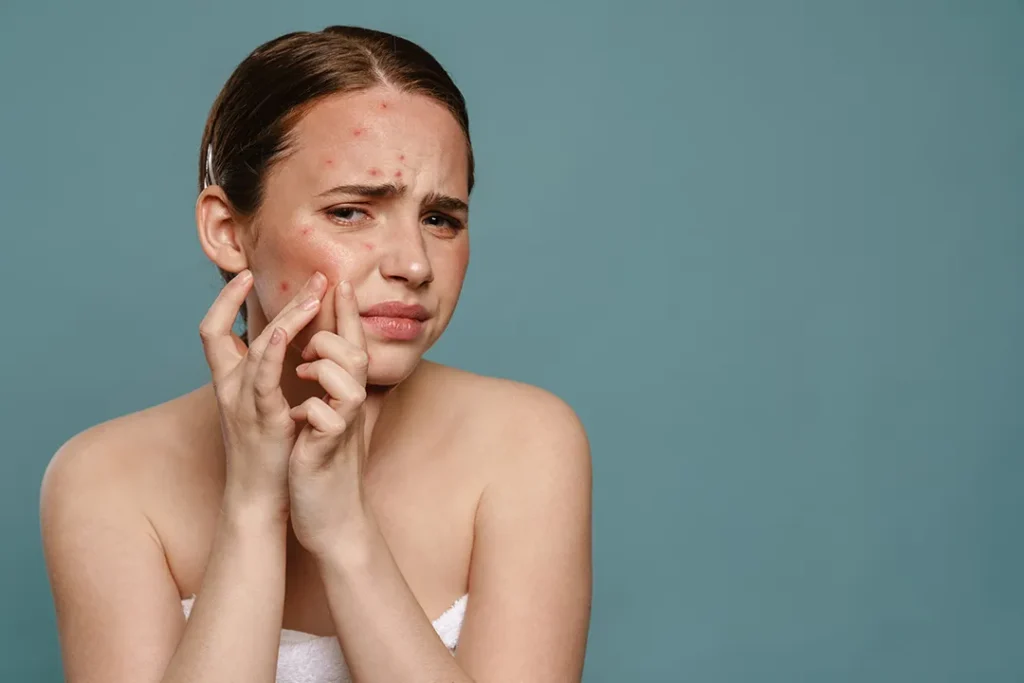Don’t despair, and please don’t stress eat! Dr Austin and the experienced team at our skin clinic in Balgowlah have some easy-peasy diet tips to help you. They’re so easy, in fact, you can use them to start eating your way to beautiful skin starting today.
Sugar, Collagen & Elastin
We love science at Austin Clinic, especially the science of skin. Science explains the why of things like skin rashes, breakouts, and other complexion problems. To help you understand why certain food choices are in your skin’s best interest, let’s look at how sugar acts in your body.
Sweeties may make your taste buds happy, but the sugar they contain makes your skin miserable. In a process known as glycation, sugar attaches to proteins in your blood stream, damaging them and creating free radicals. These free radicals attack collagen and elastin, making skin stiff and less elastic.
Does this mean you have to give up sugar completely? Good heavens, no. “Processed sugars are the most detrimental to skin health,” says Dr Austin. “If you need to satisfy a craving for sweets, enjoy a piece of fruit.” In addition to making your taste buds happy, your whole body will benefit from the essential vitamins and minerals found in fruits including:
- Blackberries
- Blueberries
- Kiwifruit
- Oranges
- Strawberries
Before we leave the subject of sugar, we’d like to say a few words about carbohydrates.
Dairy, Hormones & Sebum
If you suffer from monthly breakouts related to menstruation, you already know that hormones can wreak havoc with skin. What you may not know is that dairy products contain casein and whey protein, and these substances are believed to raise levels of a certain hormone linked to the increased production of sebum. “Sebum is the oily substance that keeps our skin supple,” explains Dr Austin. “Too much of it, however, is linked with acne development, eczema and rosacea.”
If you’re an ice cream lover, this may be tough to hear as we head into warm weather. Fortunately, there are lots of alternatives to dairy. Try including nut milk, frozen yogurt, kefir, and other tasty delights. Here’s more good news: fermented dairy products such as cheese are not linked to skin problems, so enjoy. (Watch the fat and calories, though.)
- Bonus: The nice thing about cutting back on dairy is its positive effect on climate change.
The bottom line is this: a skin-healthy diet isn’t about deprivation. It’s about substitution. “Start off slowly with a few changes,” suggests Dr Austin. “As you see your skin start to improve, it will motivate you to keep up the good work.”
Still have questions? We have answers, along with treatments and products that can help you achieve the radiant, glowing skin you deserve, pandemic or not! Contact us today. We’re waiting to hear from you.




